All Classic Models
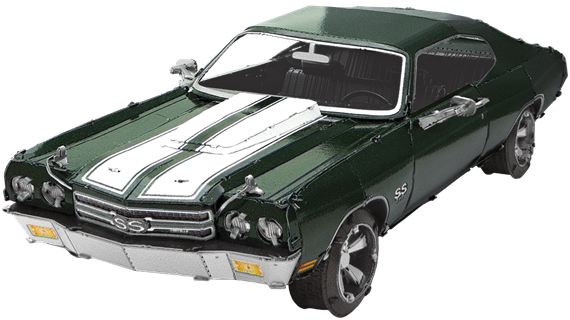
ME1026
1970 Chevy Chevelle
3.5 Sheets
Challenging
The Chevy Chevelle was produced from 1964 through 1977. The creation of the Chevelle Super Sport (SS) in 1966 was an aggressive move by GM to compete against the new powerful Chrysler muscle cars. The 1970 Chevelle SS with its 450 hp engine was ready for drag racing as soon as it rolled off the assembly line.
$0.00
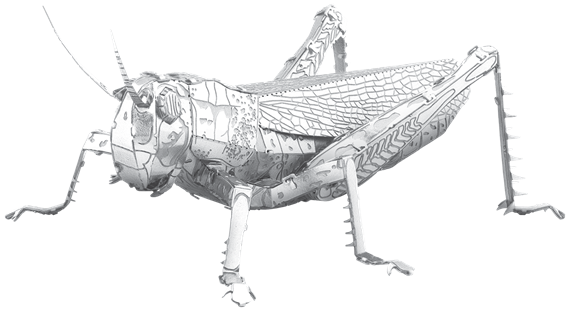
ME1033
Grasshopper
1 Sheet
Moderate
Grasshoppers are amongst the most ancient living groups of chewing herbivorous insects dating back to the early Triassic period around 250 million years ago. When they are forced to crowd together due to environmental changes, they will transform into locusts which swarm in the millions and destroy crops over wide areas.
$0.00
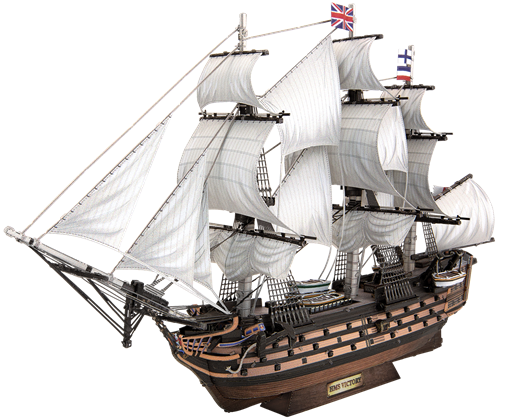
PS2022
HMS Victory
3.5 Sheets
Challenging
HMS Victory is a 104-gun first-rate ship of the line of the Royal Navy. Launched in 1765, she is the world’s oldest naval vessel still in commission. Victory is best known for her role as Admiral Lord Nelson's flagship at the Battle of Trafalgar in 1805. That battle cemented Britain’s dominance as a sea power through the early 20th century.
$0.00
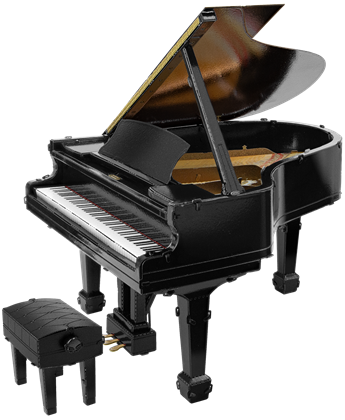
ME1028
Grand Piano
3 Sheets
Moderate
Grand Piano is a musical instrument played using a keyboard consisting of 52 white keys and 36 black keys that cover a range of more than seven octaves. The Grand Piano is designed so that its frame and strings are parallel to the floor with the strings extending away from the keyboard. The piano also includes 3 foot pedals used to change the instrument's sound in various ways.
$0.00
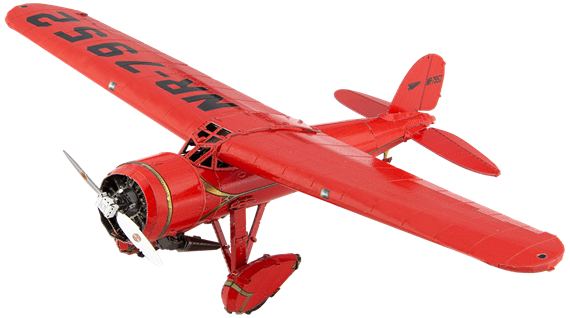
ME1025
Lockheed Vega 5B
2 Sheets
Moderate
This Lockheed Vega 5B monoplane was purchased in 1932 by the famous aviator, Amelia Earhart, who called it her “Little Red Bus”. The plane was powered by a 450 hp engine with a cruise speed of 155 mph. Flying this plane in 1932, Amelia became the first woman to fly nonstop across the Atlantic Ocean, and to make a solo nonstop flight across the United States.
$0.00
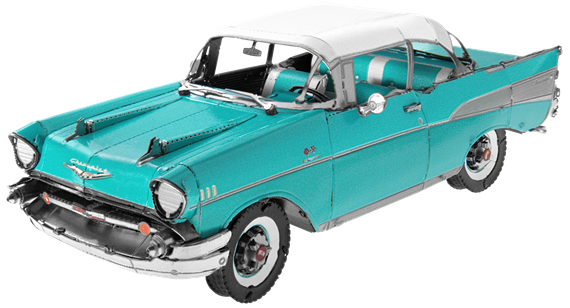
ME1010
1957 Chevrolet Bel Air
3 Sheets
Challenging
Perhaps no vehicle represents Americana more than the classic ’57 Chevy. This iconic automobile is at the heart of many American stories and has been memorialized in song, motion pictures and television. Chevrolet designed the 1957 Bel Air as a luxury trim, featuring an optional Ramjet fuel injection V8, prominent vertical tail fins and a chrome front bumper with stylish torpedo accents under the headlamps. The new bold look and unique features such as signal seeking radio that was usually reserved for highly expensive luxury cars, made this model’s popularity soar.
$0.00
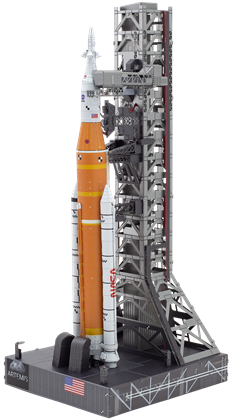
PS2019
Artemis Moon Rocket
3.5 Sheets
Challenging
Artemis, the moon goddess in Greek mythology, personifies NASA's efforts to return astronauts to the lunar surface and beyond. The Space Launch System is the American super heavy-lift rocket that will be used to get us there. At launch, the SLS rocket with crew will weigh 5,750,000 pounds.
$0.00
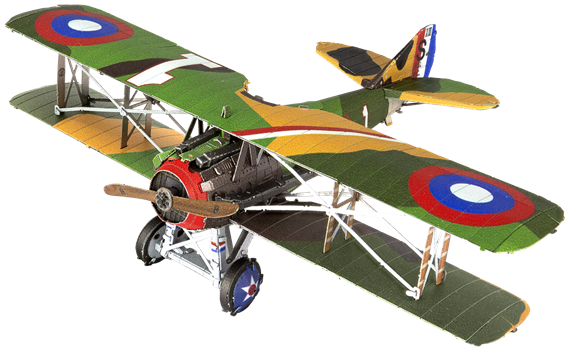
ME1024
SPAD S.XIII
2 Sheets
Moderate
The SPAD S.XIII was a World War I French single-seat biplane fighter aircraft that proved to be one of the most capable fighters of the war, as well as one of the most-produced, with 8,472 built. Many celebrated WWI pilots flew the SPAD XIII including America's highest scoring ace, Captain Eddie Rickenbacker.
$0.00
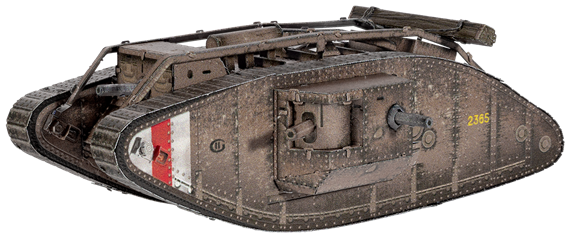
ME1022
British Mark IV
3 Sheets
Moderate
The Mark IV was a British tank produced during the First World War. Deployed in 1917, the Mark IV featured two primary barrels, as well as 3-5 machine guns. The Mark IV made history on the Western Front, where it engaged its German counterpart in the first tank-to-tank battle.
$0.00
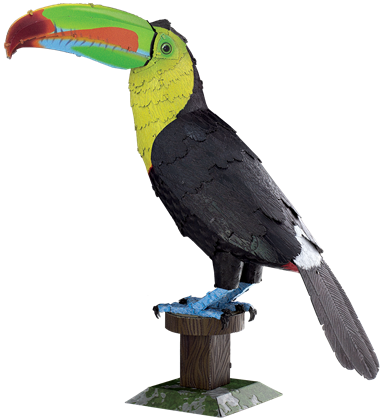
ME1020
Keel-billed Toucan
3 Sheets
Moderate
The Keel-billed Toucan is found in tropical jungles from southern Mexico to Ecuador and is the national bird of Belize. They are very social birds and rarely seen alone. They fly in small flocks of approximately six to twelve individuals through lowlands and rainforests.
$0.00
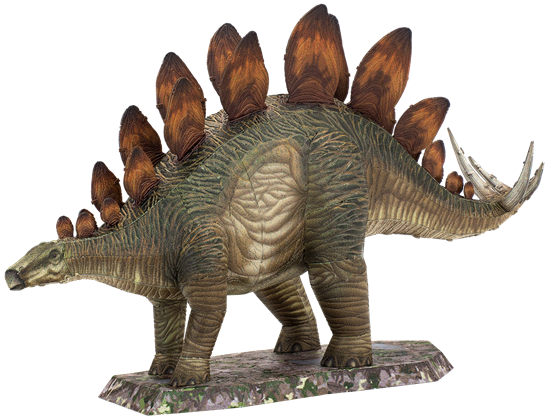
ME1018
Stegosaurus
3 Sheets
Challenging
The stegosaurus was an armored dinosaur that lived about 150 million years ago. It had a heavily rounded back, short forelimbs, its head held low to the ground, and a stiffened tail held high in the air. The double plates along its back were most likely used for defense and may also have regulated its temperature. Stegosaurus weighed about 6,800 pounds and stood 9 feet tall.
$0.00
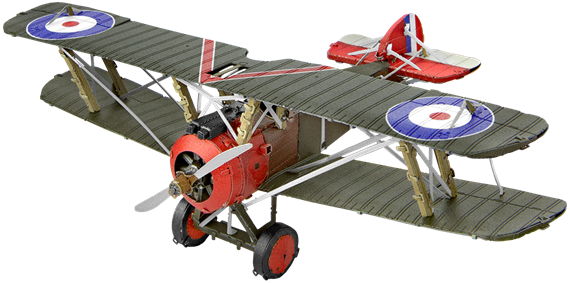
ME1023
Sopwith Camel
2 Sheets
Moderate
The Sopwith Camel is a British World War I single-seat biplane fighter aircraft introduced on the Western Front in 1917. Unmatched in its maneuverability, it achieved more aerial victories than any other allied aircraft during the war. Also, the legendary WWI ace, Snoopy, flew this plane in his many dog fights against The Red Baron.
$0.00
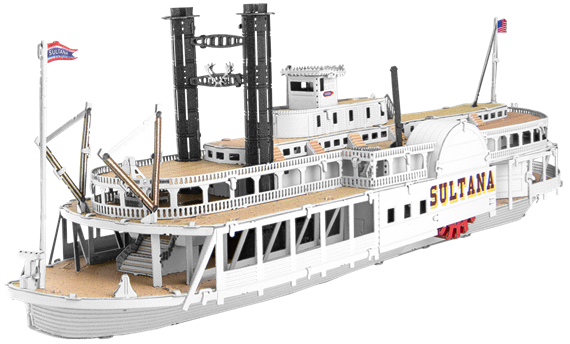
ME1019
Sultana Steamboat
3 Sheets
Moderate
The Sultana was a commercial side-wheel, Mississippi steamboat that sank in 1865 killing 1,169 passengers and crew. Many of those who died were union soldiers who had just been released from a confederate prison camp. This tragedy remains the worst maritime disaster in United States history.
$0.00
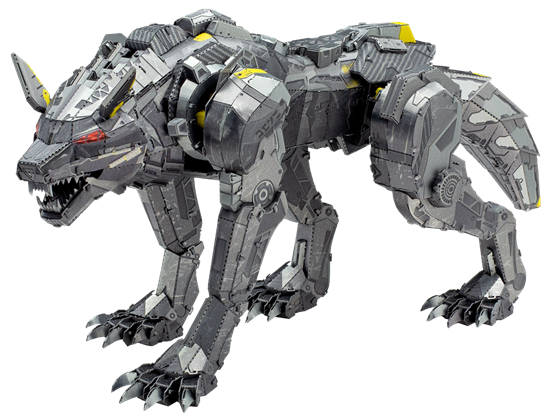
PS2020
Cyber Wolf
2.5 Sheets
Moderate
The Cyber Wolf is a stunning metal model that intricately replicates a futuristic robotic wolf, seamlessly blending the raw power of a wolf with cutting-edge cybernetic aesthetics. Its meticulously crafted design captures the essence of both nature and technology.
$0.00
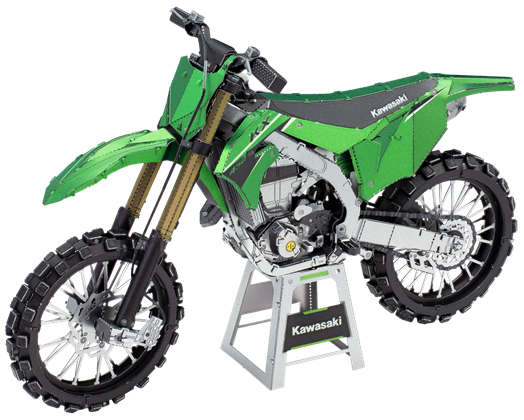
PS2015
Kawasaki KX450
2.5 Sheets
Challenging
The Kawasaki KX450 is a liquid-cooled, DOHC off-road racing bike. Featuring a 449cc engine, the KX450 is the flagship of the Kawasaki motocross and cross-country line, which has won more championships in its class than any other manufacturer.
$0.00
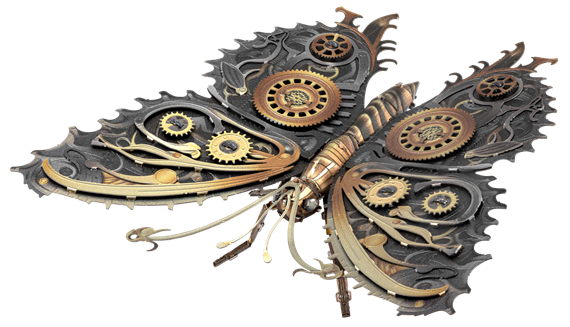
ME1021
Steampunk Butterfly
1.5 Sheets
Moderate
Steampunk Butterfly evokes a nostalgic sense of “a world that never was”. Where history and fantasy collide with Victorian-era industrialism.
$0.00















